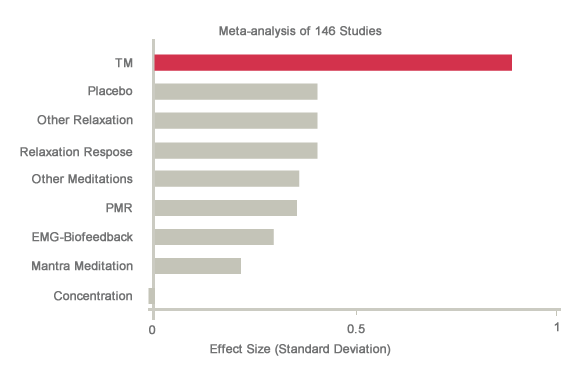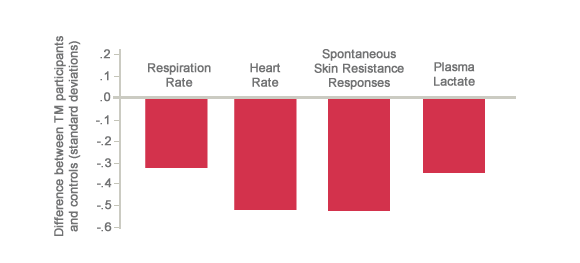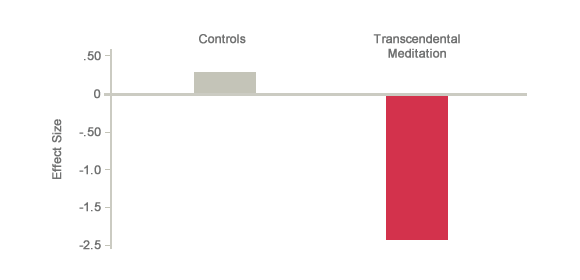
Insomnia
Long-term sleep deprivation affects millions of Americans and there is an abundant and ever growing body of evidence that it contributes to cardiovascular disease. Insomnia is associated with several heart disease risks such as obesity, high blood pressure and atherosclerosis. Over the long term it has been shown to have effect on heart attacks, heart failure and, according to Duke University scientists among others, strokes. Women are known to have more problems with insomnia than men.
For women there is a complex interplay between insomnia and a variety of other health complications. For example, it is widely recognized that calming the mind and managing anxiety can help with sleep. But women have more of a hurdle in this regard as they tend to experience anxiety at about twice the rate of men. There are now also several large studies indicating a strong link between chronic insomnia in women and increased inflammation. Inflammation, in turn, is associated with atherosclerosis and other serious health disorders that can affect sleep.
Attempting to gain control over one of these factors can provide a tool for tackling the others. In this case, reducing anxiety may be key.
The Transcendental Meditation technique allows the mind to settle to quieter levels of thinking and in the process experience the exact opposite of anxiety. Many studies on the TM technique and generalized anxiety have been conducted, most involving a comparison to some alternative treatment. Overall the TM program was more effective. Patients with the highest levels of anxiety, including chronic anxiety, had the best results.
Effectiveness in Reducing Trait Anxiety

Reference: Eppley K.R., Abrams A., Shear J., Journal of Clinical Psychology, 45; 957-974 1989.
According to a large 2013 Norwegian study published in the journal Circulation there is an association between insomnia and heart failure. The implications for cardiovascular prevention were of interest because insomnia is an easily recognizable and potentially manageable condition. Chronic stress responses seen with insomnia impact the heart due to increased blood pressure and increased release of stress hormones and heart rate. Pain, stress, anxiety and other factors contribute to insomnia. The TM technique reduces these causes of insomnia and therefore contributes to the reduction of insomnia.
Calmer Style of Physiological Functioning
Less Stress in Daily Activity
Through Transcendental Meditation

Reference: American Psychologist 42: 879-881, 1987.
Decreased Insomnia
Through Transcendental Meditation

Reference: Journal of Counseling and Development 64: 212-215, 1985.
Dr James Krag, a Fellow of the American Psychiatric Association and Medical Director of Liberty Point, a residential treatment program, points out that the most frequent causes of insomnia are anxiety and stress. Since the Transcendental Meditation technique helps lessen stress, insomnia will be less of a contributing factor for heart disease.
Dr Sarina Grosswald, Ed.D., is a researcher and an expert in cognitive learning who stated that Americans are the most sleep deprived people in the world. She said that practicing the Transcendental Meditation technique on a regular basis reduces the accumulated stress that could cause this insomnia. Research indicates that regular TM practice improves health, including psychological well-being. In fact, researchers estimate that 70 to 90% of disease is stress related, so if you have a mechanism for reducing stress, it improves your overall health and all aspects of your life.
Relevant published research:
Reduced Insomnia
- The New Zealand Family Physician 9 (1982): 62–65.
- Journal of Counseling and Development 64 (1986): 212–215.
- Japanese Journal of Public Health 37 (1990): 729.
- Ljunggren G. Inflytandet av Transcendental Meditation pa neuroticism, medicinbruk och sömnproblem. Läkartidningen 74(47): 4212–4214, 1977.
- Lovell-Smith H. D. Transcendental Meditation—treating the patient as well as the disease. The New Zealand Family Physician 9: 62–65, April 1982.
- Orme-Johnson D. W., et al. Meditation in the treatment of chronic pain and insomnia. In National Institutes of Health Technology Assessment Conference on Integration of Behavioral and Relaxation Approaches into the Treatment of Chronic Pain and Insomnia, Bethesda Maryland: National Institutes of Health, 1995.
Less Anxiety
- Alexander C.N., et al. Effects of the Transcendental Meditation program on stress reduction, health, and employee development: A prospective study in two occupational settings. Anxiety, Stress and Coping: An International Journal 6: 245-262, 1993.
- Candelent T., et al. Teaching Transcendental Meditation in a psychiatric setting. Hospital & Community Psychiatry 26: 156-159, 1975.
- Dillbeck M.C. The effect of the Transcendental Meditation technique on anxiety level. Journal of Clinical Psychology 33: 1076-1078, 1977.
- Eppley K.R. et al. Differential effects of relaxation techniques on trait anxiety: A meta-analysis. Journal of Clinical Psychology 45: 957-974, 1989.
Reduced Stress
- Barnes V. A., et al. Stress, stress reduction, and hypertension in African Americans. Journal of the National Medical Association, 89, 464-476, 1997.
- Dillbeck M.C. and Orme-Johnson D. W. Physiological differences between Transcendental Meditation and rest. American Psychologist 42:879–881, 1987.
- Jevning R., et al. The physiology of meditation: a review. A wakeful hypometabolic integrated response. Neuroscience & Biobehavioral Reviews 16(3):415-24, 1992.
- Jevning R., et al. The transcendental meditation technique, adrenocortical activity, and implications for stress. Experientia 34(5):618-9, May 15, 1978.
- Jevning R., et al. Adrenocortical activity during meditation, Hormonal Behavior 10(1):54-60, Feb. 1978.
- Orme-Johnson D.W. Autonomic stability and Transcendental Meditation. Psychosomatic Medicine 35, 341-349, 1973.
- Orme-Johnson D.W. and Walton K. W. All approaches of preventing or reversing effects of stress are not the same. American Journal of Health Promotion 12:297-299, 1998.
- Schneider R.H. Altered responses of cortisol, GH, TSH and testosterone to acute stress after four months’ practice of Transcendental Meditation (TM). Annals of the New York Academy of Sciences 746:381-384, 1994.
- Subrahmanyam S. and Porkodi K. Neurohumoral correlates of Transcendental Meditation. Journal of Biomedicine 1: 73–88, 1980.
- Walton K.G., et al. Lowering cortisol and CVD risk in postmenopausal women: a pilot study using the Transcendental Meditation program. Annals of New York Academy of Sciences 1032:211-215, 2005.
Reduction in Pain
- Orme-Johnson D.W, et al. Neuroimaging of meditation’s effect on brain reactivity to pain.NeuroReport 17(12):1359-63, 2006. Full article
- Mills W. W. and Farrow J. T. The Transcendental Meditation technique and acute experimental pain. Psychosomatic Medicine 43(2): 157–164, 1981.
- Zammara J. W., et al. Usefulness of the Transcendental Meditation program in the treatment of patients with coronary artery disease. American Journal of Cardiology, 77, 867-870, et al.
Faster Recovery from Stress
- Barnes V. A., et al. Impact of Transcendental Meditation on cardiovascular function at rest and during acute stress in adolescents with high normal blood pressure. Journal of Psychosomatic Research 51, 597-605, 2001.
- Brooks J.S. and Scarano T. Transcendental Meditation in the treatment of post-Vietnam adjustment. Journal of Counseling and Development 64: 212-215, 1985.
- Gaylord C., et al. The effects of the Transcendental Meditation technique and progressive muscle relaxation on EEG coherence, stress reactivity, and mental health in black adults. International Journal of Neuroscience 46: 77-86, 1989.
- Orme-Johnson D.W. Autonomic stability and Transcendental Meditation. Psychosomatic Medicine 35: 341-349, 1973.




